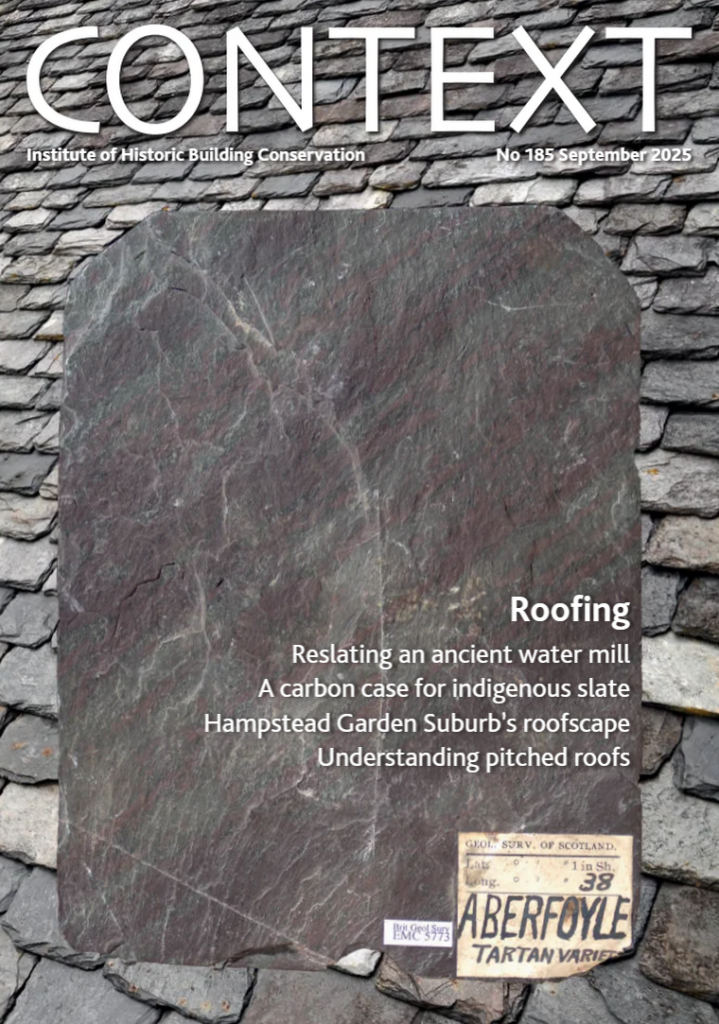Everything has been said and everything is known about heating in the castles of the Ancien Régime. Fireplaces, sometimes stoves – everyone has seen them and thinks they know how they worked. Yet what a difference there is between our society, accustomed to living with temperatures of 19 to 21°C in interior rooms, and one in which the bedroom temperature was equivalent to that outside! Wood-fired heating, which is now most often only a superfluous accessory to our thermal comfort, had completely different roles – social, practical, and technical – which the dry architectural and archaeological terminology cannot capture.
This conference will be devoted to the question of thermal comfort in elite residences, starting with the castle. Given that the topic is particularly rich in aspects that cut across research disciplines, it will be organized along fairly open lines, focusing on four broad themes including non-exhaustive sub-themes, which will avoid constraining authors to an overly rigid or formalistic approach. The objective of this conference is to understand the relationships that the inhabitants of castles, palaces, and other elite residences had with the sensation of cold and the search for warmth, their heating solutions, and the social uses of what we today perceive as inherent to the notion of comfort.
These themes and sub-themes are as follows:
A – The perception of cold and heat in the castle. How do the sources provide insight into how a castle’s inhabitants experienced the difference between external and internal temperatures? How did medieval and Ancien Régime societies perceive heat and cold in the home? What was the difference between populations living in the castle, those who were frequently active outdoors, and those who led more sedentary lives? What was their appreciation of the difference between daytime and night-time temperatures?
B – Protection against the cold. What insulation techniques were used, and how did they develop? For instance, caulking, insulation, and ways of dressing indoors and outdoors. The issue of humidity.
C – Keeping warm. What active heating techniques were used in the castle? Fireplaces, stoves, braziers, hypocaust heating and hot air: advantages and disadvantages, geographical distribution of the various techniques, and cohabitation. Distribution of heating accessories in the various rooms of the castle: efficiency, position of the heating source in the room, trends and hierarchies.
D – Creating beauty from heating. Does its important, even ostentatious role make the decoration of the heating apparatus a central element of the room? What symbolism does it employ, and where does it lie within the trend toward ‘staging’ through decoration? (sculpted, painted, etc.).
Authors are free to propose topics that fall within this framework; they may also deviate from it if they believe they can make new and innovative contributions to the subject.
The conference will be held on 16-18 October 2026 at Château de Pierre-de-Bresse (Saône-et-Loire).
Proposals should be returned to the organisers before 1 May 2026, with a 10- to 20-line summary:
jean.mesqui@gmail.com
H-Mouillebouche@Wanadoo.fr
remychristian@neuf.fr


 Follow
Follow